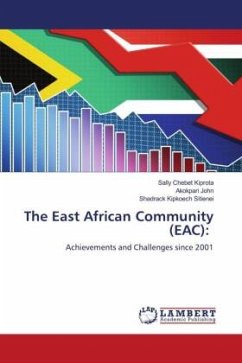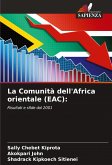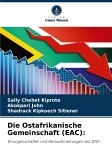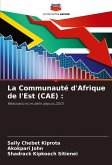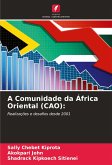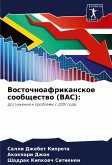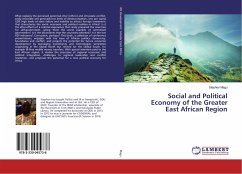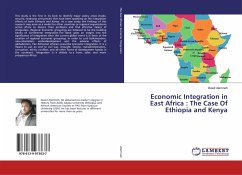The first post-independence cooperation between Kenya, Uganda and Tanzania (East African Cooperation) was launched in 1967 but collapsed in 1977. The main factors that contributed to the collapse of the initial EAC were mainly political and economic. The thesis identifies ideological differences as an important factor since the three member countries adopted different political and economic policies based on each member's ideological leaning. Kenya adopted a capitalist industrial development path while Tanzania was socialist and Uganda was characterised by despotic and dictatorial tendencies in its leadership. This created ideological and political differences that counteracted the formative integration efforts in the region.
Bitte wählen Sie Ihr Anliegen aus.
Rechnungen
Retourenschein anfordern
Bestellstatus
Storno

